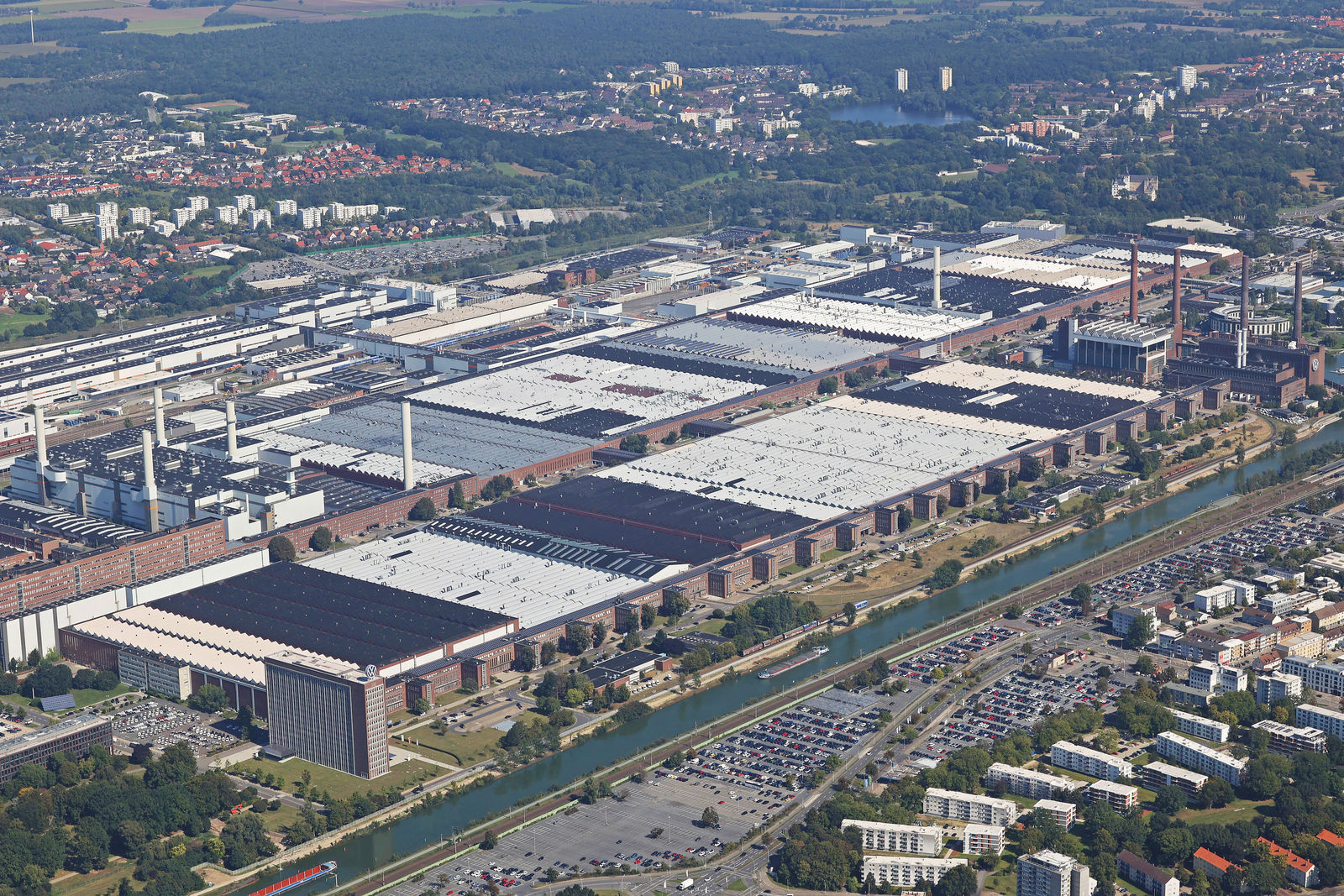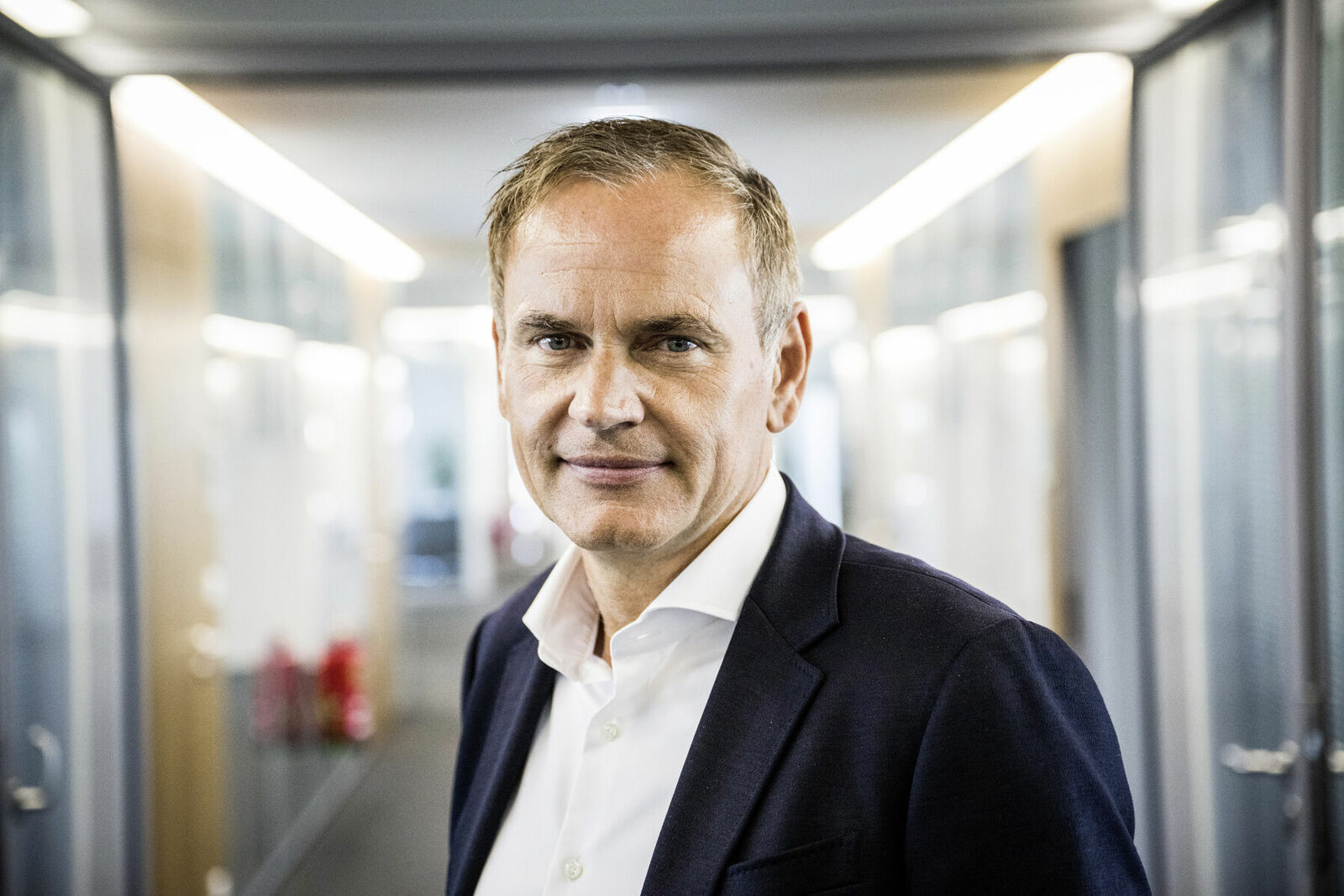Volkswagen is intensifying its cost-cutting measures, now considering plant closures and layoffs. This decision has sparked outrage from the company’s workers’ council and labor union.

Europe’s largest automaker, Volkswagen, is ramping up its austerity measures, now openly considering plant closures and layoffs. The company announced this after a recent leadership meeting, marking a significant shift in its cost-cutting strategy. Previously, Volkswagen had an agreement with its workers’ council that safeguarded jobs until 2029, but this agreement is now being terminated. The news has left labor representatives and the union shocked and outraged.
According to the company’s board, VW’s core brand needs a comprehensive restructuring. “Plant closures at vehicle production and component sites can no longer be ruled out in the current situation without swift countermeasures,” the board stated. The previously planned job cuts through early retirement and severance packages are deemed insufficient to achieve the targeted savings.
Union and workers’ council mobilize against plans
In response, the workers’ council and the IG Metall union immediately vowed strong opposition. “These plans are an attack on our jobs, sites, and collective agreements,” declared Daniela Cavallo, head of VW’s works council, in a special edition of the council’s newspaper, Mitbestimmen. “We will fight back fiercely. There will be no plant closures under my watch!” Lower Saxony’s IG Metall district leader, Thorsten Gröger, condemned the plan as “irresponsible” and warned that it could “shake the foundations of Volkswagen.”
When asked about specific numbers, Volkswagen has yet to disclose how many of the roughly 120,000 jobs in Germany might be cut or which sites could be closed. However, the workers’ council mentioned that at least one vehicle plant and one components factory in Germany are considered expendable by the brand’s board.
Lower Saxony’s Prime Minister Stephan Weil, who also sits on Volkswagen’s supervisory board, urged the company to avoid closing any sites. “It’s undisputed that VW needs to take action,” the SPD politician said, according to a statement. However, Weil emphasized that Volkswagen must first explore all other options for reducing costs. “We expect that the question of site closures will not arise if alternatives are successfully utilized. The state government will pay close attention to this.”
First plant closure in over 30 years?
Volkswagen has not closed a production site in over 30 years; the last closure was its Westmoreland plant in the United States in 1988. No VW plant in Germany has ever been shut down. Currently, Volkswagen operates factories in Wolfsburg, Hanover, Emden, Osnabrück, Braunschweig, Salzgitter, Kassel, Zwickau, Dresden, and Chemnitz. Recently, VW subsidiary Audi also considered the future of its Brussels plant.
Volkswagen CEO Oliver Blume justified the company’s course of action by citing the increasingly challenging situation. “The European automotive industry is in a very demanding and serious situation. The economic environment has become even more challenging,” Blume said in a statement. To achieve the targeted earnings improvements of 10 billion euros by 2026, costs must now be reduced more significantly than previously planned. “The headwinds have intensified,” said brand chief Thomas Schäfer. According to Handelsblatt, an additional 4 billion euros need to be saved.

Conflict between Blume and workers’ council
For the first time since Oliver Blume took office nearly two years ago, Volkswagen is heading towards a major conflict with its workforce. Unlike his predecessor Herbert Diess, who frequently clashed with the powerful workers’ council, Blume had so far managed to maintain a relatively smooth relationship with labor representatives, leaving specific cost-cutting measures to his brand boards. However, Cavallo is now urging Blume to get directly involved in the discussions concerning the brand. “The core brand’s problem is ultimately also the CEO’s problem,” she stated.
Volkswagen’s core brand has been grappling with high costs for years and lags behind other group brands like Skoda, Seat, and Audi in profitability. A cost-saving program launched in 2023 was intended to reverse this trend, aiming to improve results by 10 billion euros by 2026. Among other measures, Volkswagen planned to reduce personnel costs in administration by 20%. So far, the company has relied on early retirement and severance packages, expanding these programs in the spring and setting aside 900 million euros for severance payments of up to 474,000 euros for long-serving employees.
Declining sales, the slow adoption of electric mobility, and new competition from China are all contributing to the automotive industry’s challenges. In the first half of the year, Volkswagen’s net profit dropped by 14%, while Mercedes-Benz saw a nearly 16% decline, and BMW’s profits in the second quarter fell by 8%. Supplier ZF announced that it would cut between 11,000 and 14,000 jobs in Germany by the end of 2028 following a decline in profits. Meanwhile, Continental is considering completely spinning off its struggling auto parts business and taking it public.









